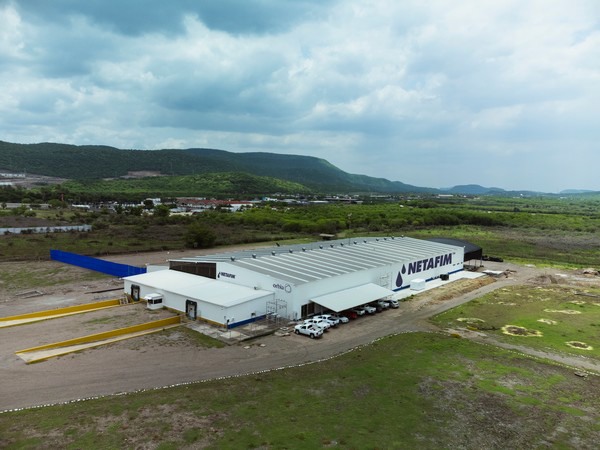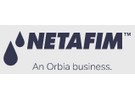Growers are not the only ones tasked with being as environmentally conscious as possible. Suppliers too have been joining forces to make cultivation greener. Netafim has already been making moves in this direction since 2010, when they opened their first recycling plant outside of Fresno, California. Now in 2022, they did it again: a new recycling plant by Netafim is opening in Mexico. “We have taken the whole closed-loop model,” says John Farner from Netafim. “We have taken that concept into another market where opportunities are continuing to grow.”
Addressing plastic waste
The closed-loop model involves supporting growers in disposing of plastic waste. Then, the company utilizes recycled materials for their drip irrigation line products. “Plastic waste is a global problem,” John continues. “We at Netafim have the responsibility to address that. We did it in California, and we are now doing it in Mexico.”

At the same time, the initiative goes beyond the American continent. While Netafim owns and operates the recycling plants over there, they also follow the same model in other parts of the world through third parties. “We are committed to increasing our collection efforts, globally. Even though we don’t directly operate some facilities, we have partnerships where we collect waste and bring it to recycling plants, so that it doesn’t end up in landfills.”
Being environmentally responsible is difficult
Such efforts are especially important because John believes that growers want to be responsible for how they dispose of their waste. “They don’t want to harm the environment, they want to do the right thing,” he says. “Oftentimes, it’s a challenge for them to find solutions for that. This is where our circularity program comes into place. We have a full circularity education program provided to our existing and potential customers. Purchasing drip lines from Netafim is a guarantee that recycled materials are used to manufacture them. And by joining our program, growers can dispose of their plastic waste with us, and they can be sure that that waste won’t pollute the environment. But rather, it will be used to manufacture drip lines that another grower would use to feed the local and global population.”
Supporting the growth
Netafim decided to open their new recycling plant in Mexico because the horti industry is growing strong there. “Opportunities in this market continue to grow, and we are the irrigation manufacturer operating such a program with a proprietary recycling facility,” John says. According to him, the goal of Netafim is to get to the point where they’ll use 45% of recycled content to manufacture their irrigation lines, by 2030. “Netafim is known for high-quality products, and our drip lines will continue to be, regardless of the material used. Our circularity program with our own recycling plants is Netafim’s specific way to address the issue of plastic waste with the manufacturing of our products.”
Plastic waste is not the only challenge for growers, and John and Netafim are very much aware of that. “For instance, water continues to be a global challenge,” he points out. “That’s why Netafim’s commitment is to show growers how to do more with less. This is how we ended up inventing drip irrigation.” There are also other challenges, along with that. “Soil health,” he says. “When the soil has been deteriorating, how do you apply water and nutrients? We are looking at all aspects of regenerative agriculture, and finding ways to serve the movement not only with our products but also with our care for the environment.”
For more information:
Netafim
netafim.com
